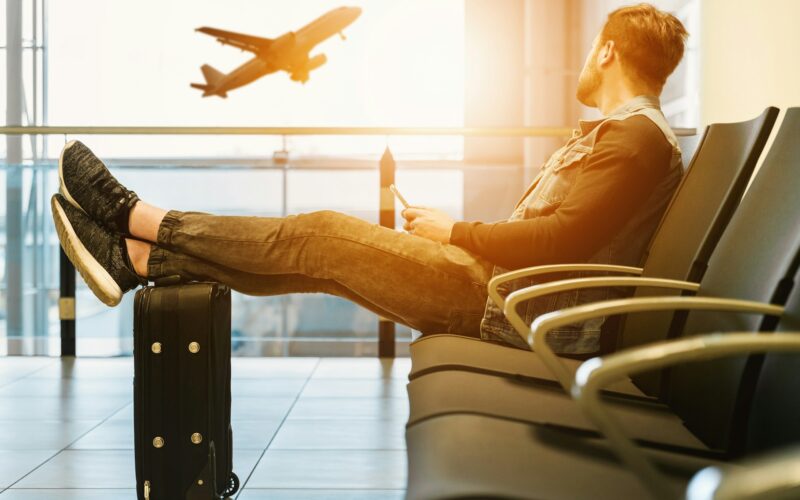Traveling can be a great experience for many reasons, but it can also take a turn at times. Unexpected issues can arise quickly and without warning, and your trip might be impacted because of them. Whether you have lost your luggage or cannot find your accommodation, these situations can happen to anyone, anywhere.
Although you might later laugh at these mishaps, it can be frustrating or upsetting at that moment. Some problems are very common, though, and preparing for them beforehand can make your trip more pleasing. This post outlines three of the most common travel mishaps you might experience and how you can avoid them with the right preparations.
Forgoing Travel Insurance
According to Insurance Business, over 40% of Americans do not buy travel insurance when jetting off abroad. Many people believe that travel insurance is too expensive, but it is a lot cheaper than paying out of your own pocket when things go wrong in a foreign country. Accidents, cancellations, delays, and other incidents can occur that could disrupt your plans unexpectedly, and purchasing a quality travel insurance policy will offer peace of mind.
However, the emphasis here is buying a quality insurance policy that meets your requirements. There are numerous different insurance policies and providers, and not all will be suitable for you. This is why it is important to make a comparison of travel insurance policies before finalizing your decision. Your plan should be tailored to your unique needs to ensure you are sufficiently protected.
To ensure you select an insurance plan that best suits you, you should look at your coverage needs, your destination, and if you have any pre-existing conditions. Some plans will provide protection based on the risks associated with specific regions, for example, while others might require you to have a primary health policy if you have an existing health condition.
Failing to Adapt to Local Culture
As you travel to more and more places, you will encounter different cultures. To some, this can be the primary reason for traveling to so many different countries, but others might struggle or even refuse to adapt to the local cultures they experience. Some people might experience culture shock, which can stem from experiencing unfamiliar environments, language barriers, and new social norms. This can lead to frustration and homesickness, leading you to not enjoy the trip.
But you can plan ahead to ensure you have an easier time adapting to new local cultures when on vacation. First off, you should research your destination thoroughly before you depart. Learning about the customs and traditions of the country before you travel can help you to prepare for the unexpected and reduce the initial shock you might experience. Your research might even include learning a little bit of the local language to get you by.
When you arrive in your destination country, you should also make an effort to observe how the local people interact and engage with them. This might seem daunting, especially if you are traveling solo, but it will help you to understand their social norms and could even lead to building relationships; both of which are essential to adapt to the local culture.
Focusing on Your Phone Too Much
So many people now are attached to their phones. In some ways, this can actually be considered an addiction. Phones are used in every aspect of life: communicating, finding entertainment, sharing memes and snapshots of your best moments. This can be hard to stop, but a vacation abroad is one of the best times to try and create some distance. After all, if you are too focused on your phone, then you are missing out on what the trip has to offer.
If you would like to reduce your phone usage while traveling, there are numerous strategies you can use. One of the easiest methods is to set boundaries. This would see you establish clear limits on phone usage; you might dedicate a specific time of day to check your phone or turn it off completely during certain activities. Additionally, you might want to be more mindful of how you use your phone. You could make a conscious effort to appreciate your surroundings and be present instead of constantly reaching for your phone.
There are even apps that have been designed to limit phone usage. You could download a similar app before your vacation. Some apps will track your usage or block certain apps, and this can be useful to reduce your overall screen time.
To conclude, there are numerous travel mishaps that you might experience when traveling, but you can take steps to avoid these issues from arising. As outlined in this post, you can work to ensure you purchase travel insurance, adapt to the local culture, and reduce phone usage. This will ensure your trip is enjoyable.




